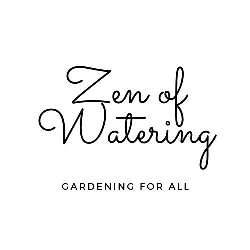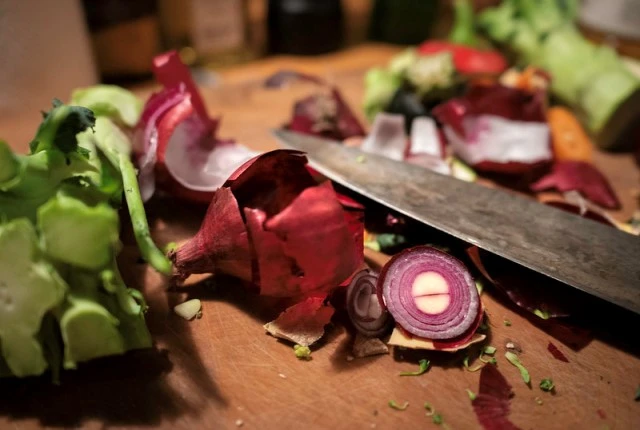Composting is one of the best ways to recycle organic waste, reduce your carbon footprint, and create nutrient-rich soil for your garden. However, when it comes to composting kitchen waste, it’s important to know what can and can’t go into your compost bin. Not everything that comes out of your kitchen is suitable for composting, and adding the wrong items can lead to issues like unpleasant odors, pests, or a pile that simply won’t break down properly.
In this blog post, we’ll explore the do’s and don’ts of composting kitchen waste to help you make the most of your compost pile.
What Can Go in Your Compost Bin?
Here’s a list of kitchen waste that is perfect for composting:
- Fruit and Vegetable Scraps
All types of fruit and vegetable scraps, including peels, cores, and leftover pieces, are excellent for composting. They add valuable nutrients to your compost and break down quickly. - Coffee Grounds and Filters
Coffee grounds are rich in nitrogen, making them a great addition to your compost. The filters are usually compostable as well, provided they are unbleached. - Tea Bags (Check for Plastic!)
Tea leaves are compost-friendly, but be cautious with tea bags as some contain plastic. Opt for plastic-free or compostable tea bags. - Eggshells
Crushed eggshells add calcium to your compost, which is beneficial for plants. However, they break down slowly, so crushing them before adding them helps speed up the process. - Nutshells
Most nutshells are compostable, but they break down slowly. Ensure they are crushed or broken up before composting. - Bread, Pasta, and Grains (in Small Amounts)
Stale bread, pasta, and grains can be composted but should be added in moderation to avoid attracting pests. - Herbs and Spices
Leftover herbs and spices are compostable, but avoid adding large amounts of heavily spicy items, which can alter the balance of your compost. - Old Spices and Herbs
Even outdated spices and dried herbs can be composted, though they should be used sparingly. - Used Paper Towels and Napkins
Plain, unbleached paper towels and napkins (without grease or chemicals) can be composted and are a great source of carbon. - Corncobs and Husk
Corncobs and husks are compostable but take longer to break down, so it’s best to chop them into smaller pieces.
What Can’t Go in Your Compost Bin?
Not all kitchen waste is compost-friendly. Here are some items to avoid:
- Meat, Fish, and Poultry
These items decompose slowly, smell unpleasant, and attract pests such as rats and flies. They can also introduce harmful pathogens into your compost. - Dairy Products (Milk, Cheese, Yogurt)
Dairy products create odors, attract pests, and can upset the balance of your compost pile. - Oily or Greasy Foods
Fats, oils, and greasy foods can slow down the composting process and attract unwanted critters. - Citrus Peels, Onion, and Garlic (in Large Amounts)
While small amounts are okay, large quantities of citrus, onions, and garlic can make your compost too acidic and deter beneficial organisms. - Cooked Food Scraps (Especially with Salt, Oil, or Spices)
Cooked foods often contain oils, salts, and spices that can harm the composting process and attract pests. - Bones
Bones decompose very slowly and can attract animals. It’s best to leave them out of your compost. - Plastic Tea Bags and Coffee Pods
Not all tea bags and coffee pods are compostable; many contain plastic. Always check if the packaging is compostable before adding it to your bin. - Pet Waste
Waste from cats and dogs can contain harmful bacteria and parasites. Only compost manure from herbivorous pets like rabbits, guinea pigs, and hamsters. - Charcoal Ash and BBQ Residues
Charcoal ash, especially from commercial BBQ products, often contains chemicals that can be harmful to your compost. - Synthetic Materials
Items like rubber bands, plastic wrappers, and aluminum foil should never be composted. These materials do not break down and will contaminate your compost.
Tips for Successful Kitchen Composting
- Chop Scraps into Smaller Pieces
Smaller pieces break down faster, making your composting process more efficient. - Balance Greens and Browns
Kitchen waste is typically rich in nitrogen (greens). Be sure to balance it with carbon-rich materials (browns) like dry leaves, shredded paper, or cardboard to maintain a healthy compost. - Avoid Overloading with One Type of Waste
Compost piles thrive on variety. Mix up your kitchen scraps with other compostable materials to keep the pile balanced. - Turn Your Pile Regularly
Aeration speeds up decomposition, so make sure to turn your compost pile regularly to keep it oxygenated. - Keep an Eye on Moisture Levels
Your compost should feel like a damp sponge. Too much moisture can cause odors, while too little can slow down the decomposition.
Conclusion
Composting kitchen waste is an easy and effective way to reduce household waste and create a nutrient-rich amendment for your garden. By knowing what can and can’t go into your compost bin, you can ensure a healthy, efficient composting process.

